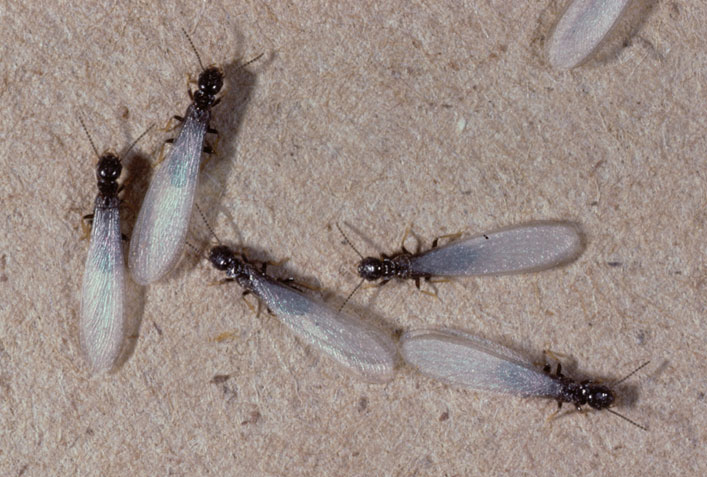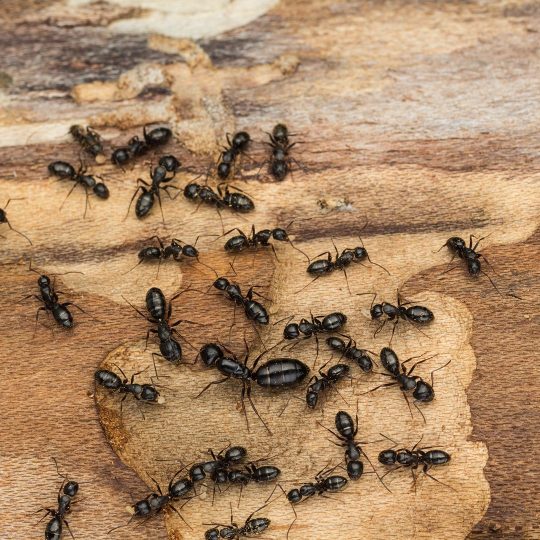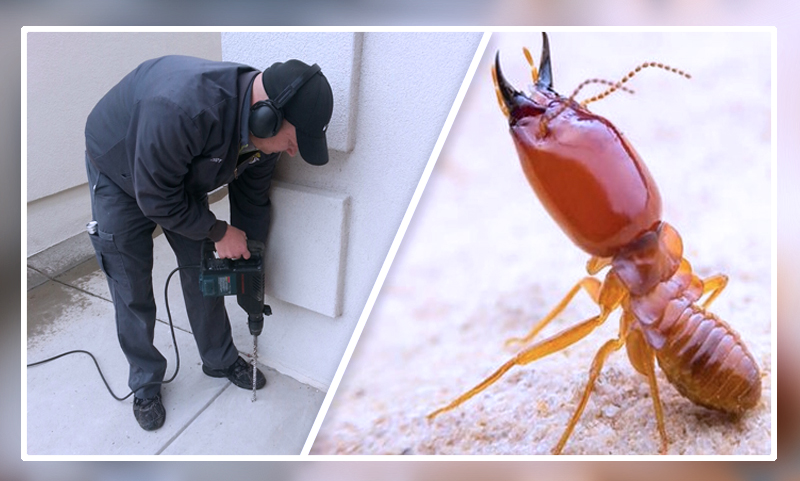Reliable Ant Control: Expert Services to Get Rid Of Ant Infestations
Wiki Article
Environmental Influence of Pest Control: Balancing Efficiency With Sustainability
The environmental effect of parasite control is an essential issue that needs a fragile equilibrium between accomplishing efficiency in taking care of bugs and guaranteeing sustainability of our ecological communities. From the use of hazardous chemicals that leak right into our dirt and water to the unintentional consequences on non-target species, the effects of conventional parasite control techniques are far-reaching.Dangerous Chemicals in Bug Control
The usage of dangerous chemicals in bug control positions substantial environmental and health risks that warrant careful consideration and reduction approaches. Chemicals, herbicides, and pesticides are commonly used to get rid of parasites, yet their extensive application can result in unexpected consequences. These chemicals can contaminate soil, water resources, and the air, influencing not only the targeted bugs yet additionally helpful pests, wild animals, and people.
To resolve these threats, incorporated parasite management (IPM) techniques are being advertised as a more sustainable option. IPM entails a combination of approaches such as biological control, environment adjustment, and the targeted use chemicals as a last option (ant control mocksville nc). By adopting an alternative method to pest control, we can lessen the environmental and health influences related to dangerous chemicals while efficiently handling pest populations
Effect On Non-Target Variety
Thinking about the unexpected repercussions of insect control methods, the impact on non-target species is an essential facet that calls for detailed evaluation. While pest control steps aim to target particular parasites, other organisms in the ecosystem might be accidentally influenced. Non-target types, including useful insects, birds, mammals, and even plants, can suffer indirect or direct damage from pesticide applications or organic control methods.Chemicals can have sub-lethal or dangerous effects on non-target types. Pesticides made to combat a particular insect parasite may harm pollinators like or all-natural killers such as ladybugs. Additionally, chemical deposits can build up in the setting, influencing non-target organisms over time. In a similar way, organic control agents, if not species-specific, can present threats to unplanned targets, interrupting the eco-friendly balance.
To mitigate the impact on non-target varieties, incorporated bug monitoring (IPM) techniques that emphasize a holistic technique to pest control are recommended. These approaches focus on using ecologically pleasant techniques, decreasing injury to helpful microorganisms while properly taking care of pest populaces. Carrying out thorough threat analyses and keeping track of the results of bug control efforts are crucial action in protecting non-target types and promoting general ecological community health and wellness.
Soil and Water Contamination
Unintended ecological consequences of insect control techniques prolong beyond affecting non-target types, with significant effects for soil and water contamination. Chemicals, herbicides, and chemical fertilizers utilized in parasite control can leach into the dirt and infect groundwater, positioning a risk to both earthbound and aquatic ecosystems. Dirt contamination can interrupt the equilibrium of microorganisms important for vitamins and mineral cycling and plant development, bring about reduced soil fertility and performance. Furthermore, these chemicals can continue the environment for extended periods, accumulating in the dirt and possibly getting in the food web.Water contamination is another important concern related to bug control practices. Runoff from farming areas treated with chemicals can lug these chemicals right into neighboring water bodies, impacting aquatic microorganisms and water quality. Pollutants in water sources can have far-ranging effects, impacting not just water life however additionally human health with the consumption of infected water or aquatic microorganisms. To minimize soil and water contamination from insect control activities, integrated insect management techniques that focus on sustainability and decrease chemical inputs are crucial.
Air Contamination From Chemical Usage
Direct exposure to airborne chemicals during farming applications positions a considerable concern for air contamination control procedures. Furthermore, chemical drift, where pesticides are lugged by the wind to unintentional locations, can lead to the contamination of nearby environments and water bodies.
Strategies for Lasting Parasite Control
In the realm of farming practices, applying lasting pest control methods is critical for keeping ecological equilibrium and protecting plant yields. Lasting insect control stresses the use of ecologically friendly techniques to handle pest populations successfully while decreasing harm to non-target organisms and communities. Integrated Insect Monitoring (IPM) is a widely embraced strategy that integrates organic, social, physical, and chemical control methods to accomplish lasting insect administration options.Crop turning and diversification are additionally efficient techniques to interfere with pest life cycles and produce much less beneficial problems for bugs to thrive. Eventually, by incorporating these sustainable parasite control methods, farmers can achieve a balance in between pest administration performance and environmental stewardship.
Verdict
In conclusion, the ecological impact of bug control methods need to be thoroughly considered to balance effectiveness with sustainability. Unsafe chemicals utilized in insect control can lead to dirt and water contamination, air pollution, and injury non-target types - termite control. It is important to execute sustainable insect control strategies to decrease these adverse results on the environment and advertise a healthier community for future generationsBy embracing an alternative approach to pest control, we can minimize the environmental and health and wellness influences associated with dangerous chemicals while successfully handling pest populations.

To reduce the air pollution caused by pesticide usage, it is vital to take on incorporated pest monitoring strategies that prioritize the usage of non-chemical parasite control methods, such as plant turning, all-natural predators, and resistant plant selections. Lasting pest control stresses the use of ecologically pleasant methods to handle parasite populations successfully while minimizing have a peek at these guys damage to non-target microorganisms and environments. Integrated Pest Monitoring (IPM) is a commonly taken on approach that integrates organic, cultural, physical, and chemical control techniques to achieve lasting insect management options.
Report this wiki page